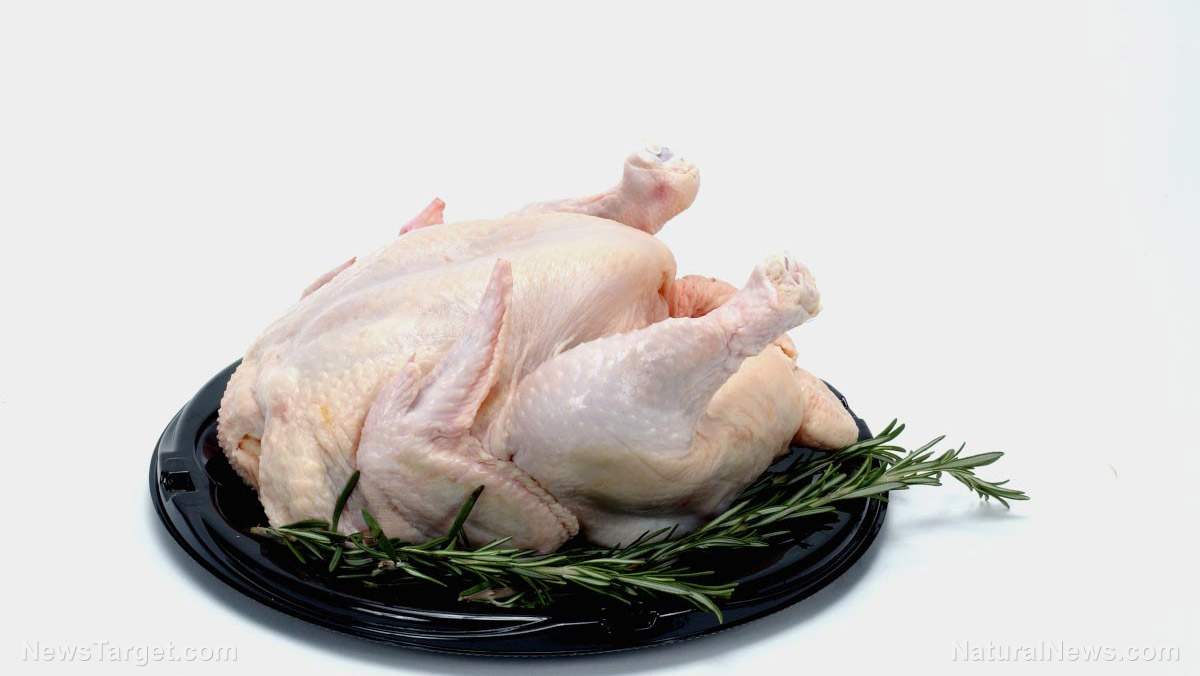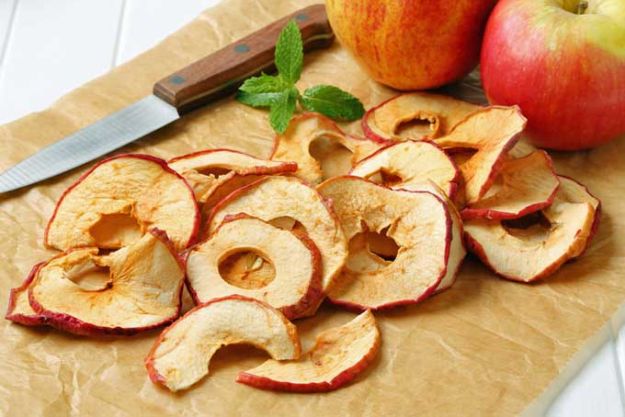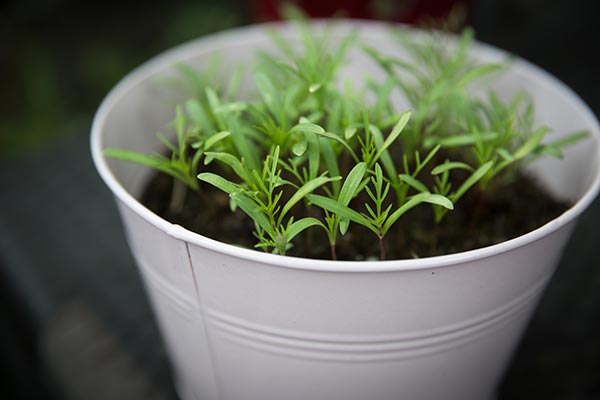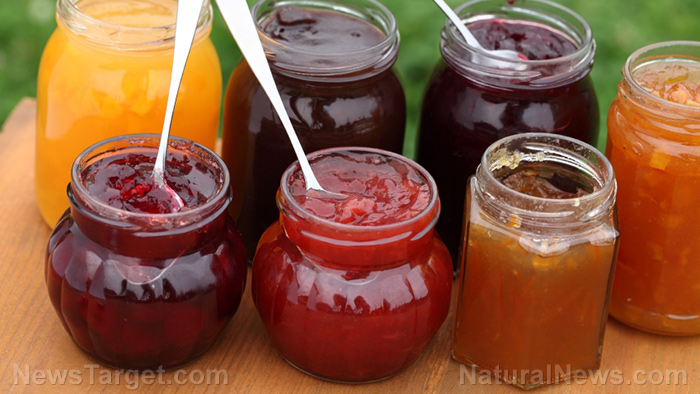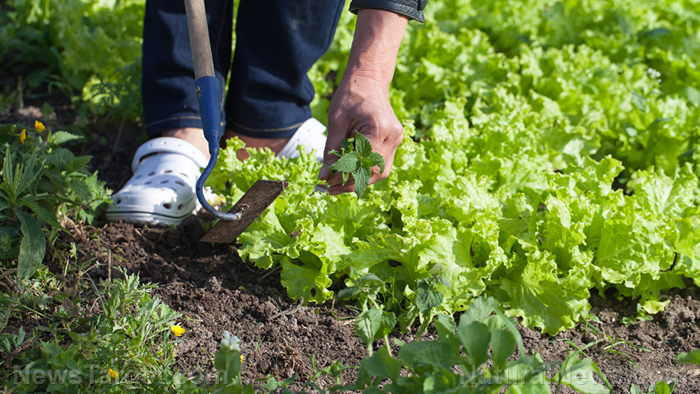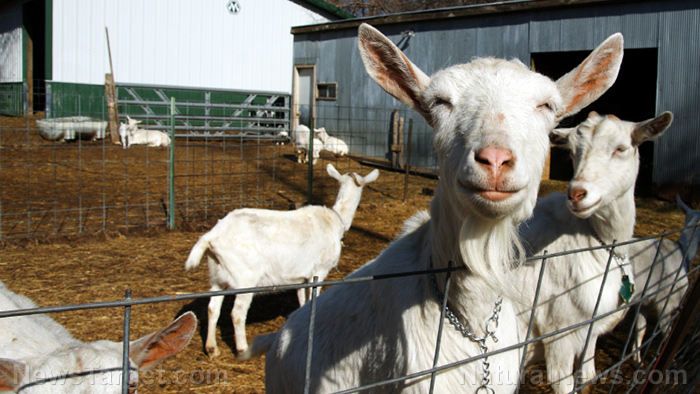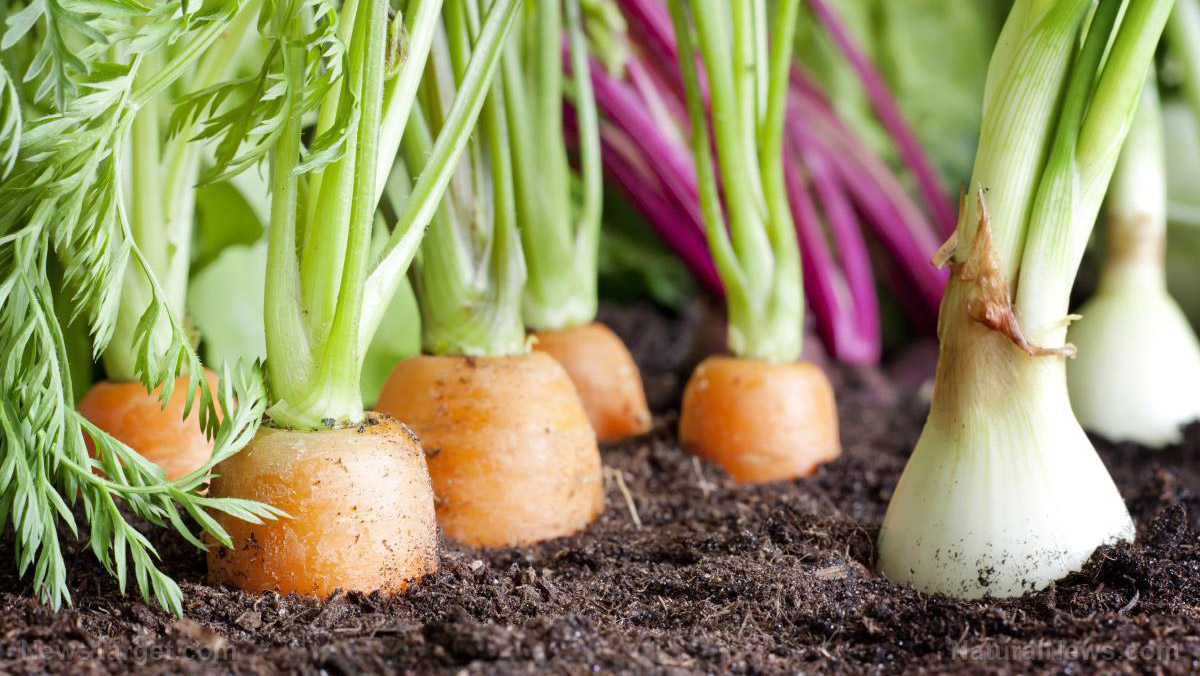Farmers now selling food directly to consumers to avoid government-imposed dumping of “excess”
05/14/2020 / By Ethan Huff

By now, you have probably heard the disturbing news that farmers all across America are being told to dump their produce because of an alleged “excess,” even as grocery stores and food banks run mysteriously low on key staples. Well, there is some good news to share despite all this as many farmers are now turning to direct-to-consumer sales in order to avoid these government dictates.
Many farms that otherwise supply goods to restaurants, amusement parks, cruise lines, and other entities that remain largely closed due to Wuhan coronavirus (COVID-19) lockdowns are now turning their supply lines into community-supported agriculture (CSA) programs where everyday folks can order the food they need and have it delivered.
In Florida, for instance, farmers are salvaging countless tons of produce that would otherwise rot on the vines in their fields and selling it directly to consumers, many of whom are doing a whole lot more cooking at home these days. And in the sunshine state, the state agriculture department is helping by providing a website portal where buyers can shop with ease.
Using this website, Floridians can search for nearby farms and co-ops that have the items they want and purchase them directly. Some of these farms operate under the monoculture model, meaning they only grow one crop in bulk, while others are biodiverse farms that carry a variety of high-end produce.
Similar changes are taking place in other states, including in areas that have been slower to open back up than Florida, which was among the first in the nation to begin easing its lockdowns.
“We feel pretty lucky,” says Chris Newman, who runs Sylvanaqua Farms in Virginia.
This small permaculture farm now sells and delivers directly to consumers, including meat items that are increasingly scant at grocery stores. Sylvanaqua is reportedly delivering meat well beyond Virginia into Maryland and Washington, D.C., with meat products being slaughtered directly on the farm.
“Business is good,” he is further quoted as saying.
Farmers are doing what they can to survive, even at a significant profit loss
In Michigan, Darrin and Barbara Siemen of Prime Land Farm in Harbor Beach have likewise begun selling their meat directly to local residents, using Facebook as an advertising platform.
“With many processing plants being shut down right now due to coronavirus, and the uncertainty of future food availability, we thought this was a good way to ensure people we know have access to beef,” Barbara wrote to the company’s page.
Fourth-generation farmers, the Siemens family works hard to supply not just meat but also milk, sugar beets, corn, and wheat to hungry families across Michigan and beyond. And because of the nature of farming, they have to keep going somehow, regardless of the situation in the world or else they could lose everything.
“We don’t have the option to take a week off,” Darrin is quoted as saying. “We are planting and the cattle need milking. When something like this happens, people are thankful for the food. We have to continue on.”
Still, the returns are not nearly what they use to be. Darrin says that his family is seeing about 35 percent less return on milk sales, which is “well below cost of production,” he says.
“It is scary and not farm specific,” he further added to the local Huron Daily Tribune. “It’s everybody. I am nervous about bills and how fast markets will come up.”
The Siemens family has since applied for a small business loan which Darrin anticipates will be used to supplement his employee payroll.
For more related news on the changes taking place across the country in response to the Wuhan coronavirus (COVID-19) crisis, be sure to check out Pandemic.news.
Sources for this article include:
Tagged Under: Collapse, community supported agriculture, coronavirus, direct-to-consumer, dumping, farmers, Florida, food production, food supply, government, groceries, harvest, mandates, produce, produce dumps, scarcity, SHTF, starvation, supply chain
RECENT NEWS & ARTICLES
EmergencyFood.News is a fact-based public education website published by Emergency Food News Features, LLC.
All content copyright © 2018 by Emergency Food News Features, LLC.
Contact Us with Tips or Corrections
All trademarks, registered trademarks and servicemarks mentioned on this site are the property of their respective owners.

